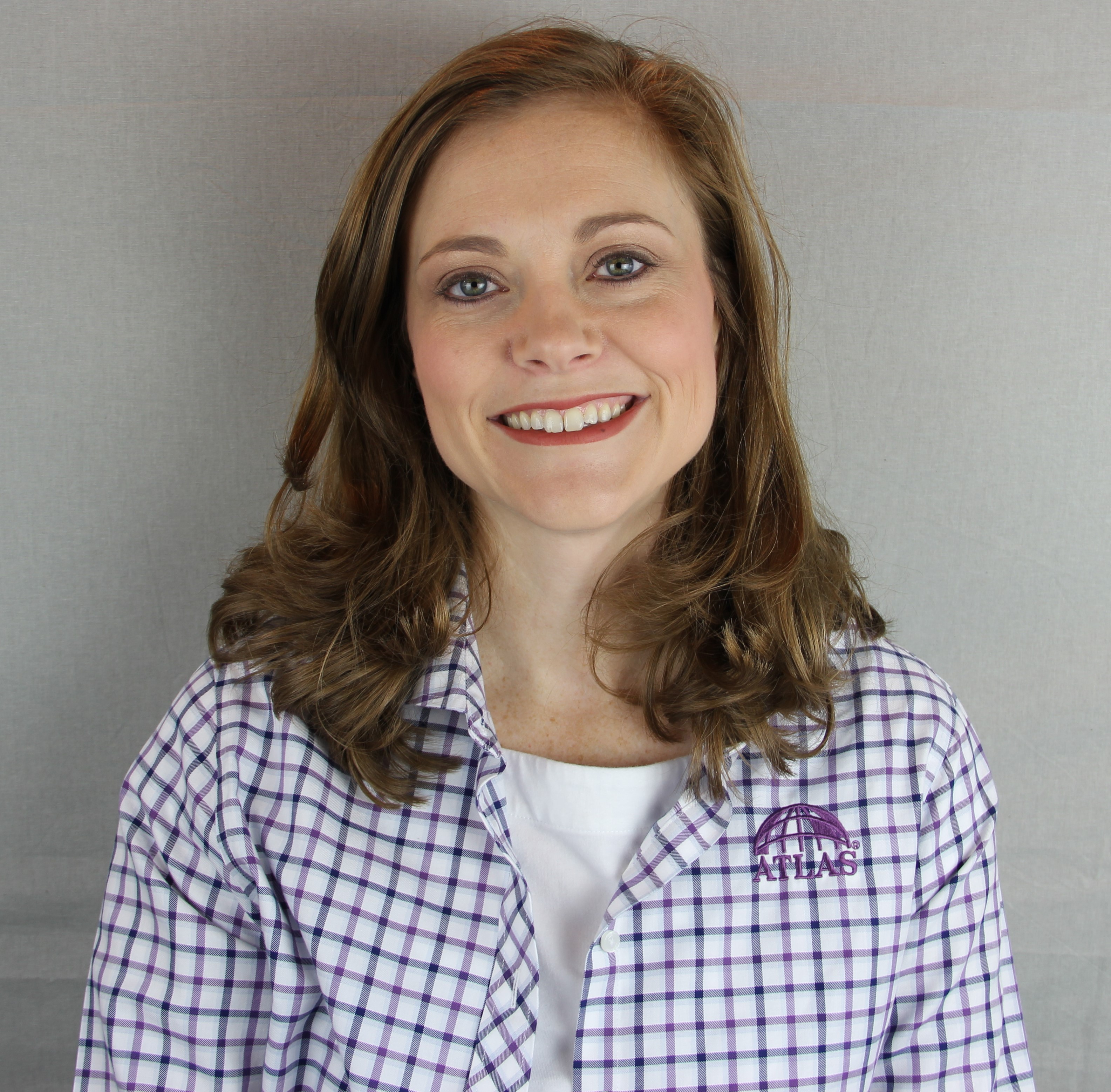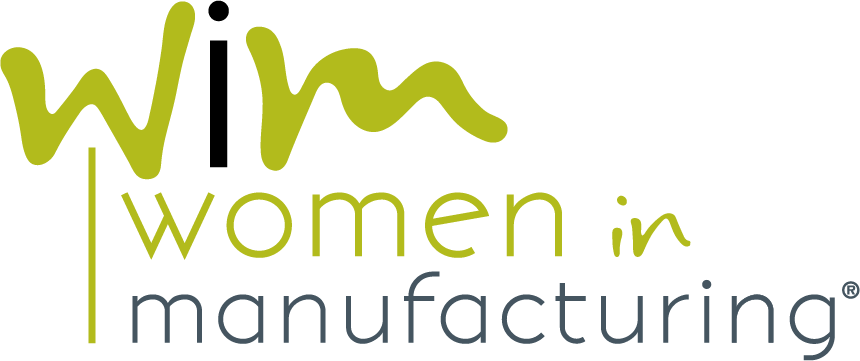#WiMHearHerStory with Missy Miller, Regional Operations Director, Atlas Molded Products

Missy Miller, Regional Operations Director, Atlas Molded Products
#WiMHearHerStory | @WomeninMFG

At Women in Manufacturing, we are committed to supporting women in the manufacturing sector. We firmly believe that mentorship and community-building will help attract and retain women in manufacturing. As part of our mission, we feature on our blog the stories of women we admire who are currently working in manufacturing. The following is the latest installment of our "Hear Her Story" series.
Please tell our readers a little bit about your job and what your work looks like every day.
My everyday has changed a lot. I recently transitioned from being a plant manager with a single location to work at every day to a regional operations director with responsibilities for three plants (GA, VA,WI). Since I did not want to move and the operations director job gave me some flexibility, I actually work from home when I am not traveling. This was important to me since I had my first baby in May. However, the travel is a lot as I get up to speed with the three plants. My workday consists of many phone calls, scheduling travel and meetings, and output of whatever is needed—strategic planning documents, reports, reviews, notes, etc.
How did you arrive at your current position? What attracted you to a career in manufacturing?
I wanted to do more than be a plant manager as I felt underutilized, but I work for a great company and I wanted to stay with that company. Right before maternity leave, I made a presentation for the VPs and one in particular sought me out to discuss possibilities in his division. I was not three weeks into maternity leave when phone calls started. By the end of maternity leave, I had a whole new position in a different division. My career progression was: process improvement engineer (2.2 years), process engineer (2.2 years), quality manager (5 years), quality and process control manager (2 years), plant manager (5 years), regional operations director (5 months). With every job, I moved except the last..
I always knew I wanted to be a chemical engineer. While in school at Auburn, I did the co-op program and worked in a manufacturing environment. I guess manufacturing was the only thing I ever knew, so I just went with it. Steel-toed shoes and process improvement was my destiny!
At WiM, much of our work is dedicated to refuting outdated stereotypes about the manufacturing sector: stereotypes like the workplaces are dirty and dangerous and that the field and skills required are a better fit for men. Have you encountered stereotypes like these in your education or career and how did you overcome them?
Certain stereotypes still exist. I often say, my work is not glamorous and even have a hard time explaining what I do, but I relish the opportunity to do any “man” job and especially to do it as well if not better. I have worked with mainly men my whole career and I have dealt with some unfortunate situations. It is hard, but it makes you learn to adapt and have thick skin. For every “bad” situation, I have been lucky to find a “good” situation. I will say that as I go along in my career, women seem to be more accepted in the manufacturing environment. With any new engineer in the workplace (male or female), people respect you when you are not afraid to get dirty, dig into problems, and talk to the employees.
Research shows that women, especially women in STEM fields, do better if they have a mentor. Has mentorship played any role in your career?
When I was a new engineer on my first job, I really struggled. I struggled with my emotions and stresses of the job. I did not have a mentor, but I did have another woman engineer who I looked up to and she did help me work through some of those issues. I really have not ever had what I would call a mentor, but several of my bosses have really helped my development and supported my career growth.
One of the key findings in WiM’s survey is that there is significant overlap between what young women want in careers and the attributes of careers in manufacturing today. But the survey also found that, too often, young women are not aware of the opportunities available in manufacturing. What do you think can be done to spread the word to women about career options in modern manufacturing?
I believe greatly in doing a co-op/internship program. I worked a total of one year during college (rotating semesters). Although I ultimately did not go to work for the company I did my co-op with, I found out a lot about manufacturing. I believe early access to places like WiM where you can see women in the workplace and reach out to them to ask questions would help. I would support having a panel of WiM members go to colleges to speak about opportunities and their careers. This is something I would have been uniquely interested in.
Our survey also found that the majority of women in manufacturing today would recommend the sector to young women considering career options. Would you recommend a career in manufacturing? And, if so, why?
I absolutely would recommend manufacturing to young women. There is a wealth of opportunities for women in manufacturing. I have learned so much about myself and have grown up in manufacturing. To me, you get to do so many different things, not just sit at a desk all day and do the same thing day in and day out. You can travel if that is what you want, you can lead people, you can make/save a company millions of dollars, and you will make friendships that last. Like I said, not glamorous, but ripe with life lessons and opportunities….the money is not bad either!
Why did you decide to join Women in Manufacturing? How do you personally find value in WiM membership?
Although I have not utilized WiM as much as I would like, I wanted a place to find people like me—women who understood what it is like to work in manufacturing….the good and the bad. I want to find a mentor and be a mentor. I have looked at the names of other WiM members who are plant managers to reach out to them to make connections. The more we share with each other, the more we bring each other up.
To learn more about Atlas Molded Products, please visit their website here.
